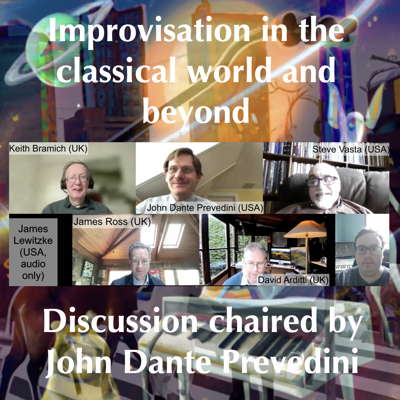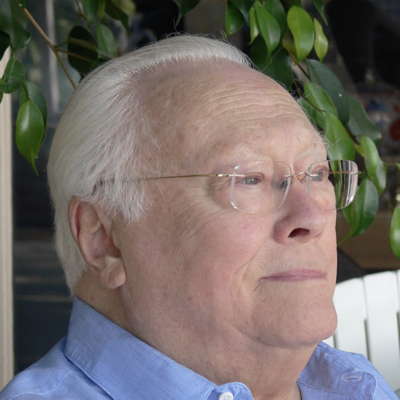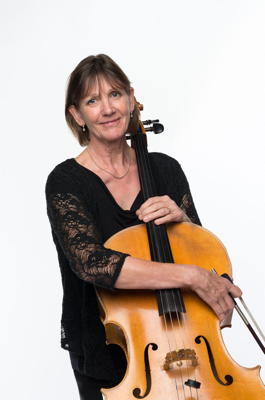- Albany
- London Philharmonic Orchestra
- Giovanni Battista Martini
- electroacoustic
- Mazur Media
- Cornelius Cardew
- Paul Marshall
- Gloria Stoatgobbler
 DISCUSSION: John Dante Prevedini leads a discussion about Improvisation in the classical world and beyond, including contributions from David Arditti, James Lewitzke, James Ross and Steve Vasta.
DISCUSSION: John Dante Prevedini leads a discussion about Improvisation in the classical world and beyond, including contributions from David Arditti, James Lewitzke, James Ross and Steve Vasta.
 VIDEO PODCAST: Find out about composers from unusual places, including Gerard Schurmann, Giya Kancheli, Nazib Zhiganov and Nodar Gabunia, about singing in cars, and meet Jim Hutton from the RLPO and some of our regular contributors.
VIDEO PODCAST: Find out about composers from unusual places, including Gerard Schurmann, Giya Kancheli, Nazib Zhiganov and Nodar Gabunia, about singing in cars, and meet Jim Hutton from the RLPO and some of our regular contributors.
Satisfyingly Unexpected
MIKE WHEELER listens to Grieg,
Clara Schumann, Kodály and Mozart
from Frank Zielhorst and Sinfonia Viva
Sinfonia Viva's biggest Derby Cathedral audience to date - Derby, UK, 23 October 2019 - heard the orchestra in excellent shape playing one of those satisfyingly unexpected programmes that seem to have become a feature of conductor Frank Zielhorst's incumbency.
Grieg's Holberg Suite was the invigorating opener, the Prelude taut, and full of bustling energy. The elegantly-shaped lines of the Sarabande were followed by a nicely springy Gavotte, with a brisk, buzzy Musette at its centre. The following Air had just enough of an elegiac flavour, with principal cellist Deirdre Bencsik bringing a nicely plangent touch to her solo line in the middle section. The frisky account of the concluding Rigaudon had room, along the way, for a poignant look back at the previous movement.

Deirdre Bencsik
As a nod to the Clara Schumann bicentenary, Frank Zielhorst has made a transcription for cello and small orchestra of her Three Romances, Op 22, for violin and piano, as a vehicle for Deirdre Bencsik. Balance with the orchestra was not always ideal, but Bencsik's sensitive account of the solo part came through to eloquent effect, while the effective orchestral scoring included, in the second Romance, a passage with wind instruments alone that almost suggested early Mahler, and some intriguingly intricate string textures in No 3.
At this point Zielhorst shared some of his thoughts on putting the programme together by reading his own English translation of a poem by Dutch poet Theo van Baaren (1912-1989) on the mutual suitability of Mozart (who ended the concert) and early autumn. Kodály's haunting Summer Evening, was a delightful choice as a look back to a few months ago. With atmospheric solos from Matthew Jones, cor anglais, and James Topp, horn, the performance moved seamlessly from calm opening, gently gathering pace to reach the dance rhythms of the central section, which managed to be both taut and relaxed at the same time.
If any Mozart symphony can be called autumnal, it's No 40, with its buffeting cross-winds and edgy disposition. Zielhorst and the orchestra went for unease rather than full-on angst at the start of the first movement, with the turbulence held reasonably in check. The restless second movement came across as a latent minuet, foreshadowing the real one that followed. This had almost a sense of bravado in adversity, offsetting the sunnier, more relaxed trio section. The disruptive elements in the finale were all the more effective for being held in almost ideal balance with the music's larger classical framework.
Copyright © 31 October 2019
Mike Wheeler,
Derby UK



